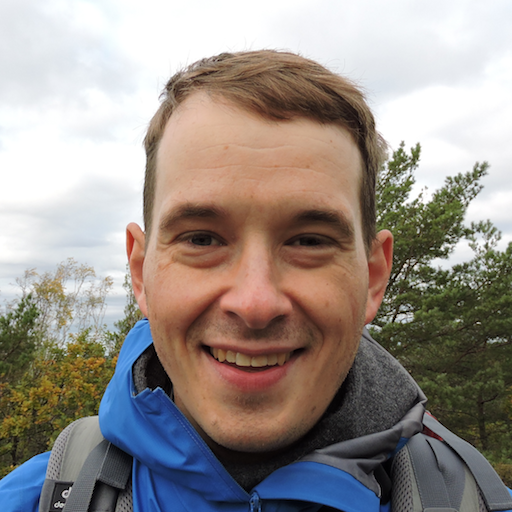
Simon Olsson in a WASP Assistant Professor in AI/MLX at the Division of Data Science and AI at Chalmers University of Technology. Dr Olsson was recruited by WASP in 2020, after post-doctoral stints in Germany and Switzerland. Simon is Danish citizen and was awarded a PhD from the University of Copenhagen in 2013.
I am a WASP AI/MLX Assistant Professor, and supervisor of three WASP funded PhD students, and three more students are joining our group in the fall, two of those are WASP funded as well.
I joined WASP in my first senior research position to establish a research group. WASP is an internationally competitive program with a broad focus on automation, software, and AI/ML. As such, it provides a vibrant and supportive environment to start and establish a research group, with great opportunities for national and international networking and collaboration.
Robust, predictable research support via regular funding calls and excellent national Ph.D. school makes it very attractive to be part of WASP.
My group works at the interface between the natural sciences and machine learning. Our goal is two-fold: to use advances in machine learning and AI to solve challenging computational and design problems in the natural sciences. Second, to use principles from the natural sciences, e.g., symmetry and inductive biases, to design effective learning systems. We work closely with experimental labs to translate our methodology into tangible applications, including vaccine design.
Some examples of our recent work include speeding up molecular simulations to better understand molecular properties, from the solubility of small molecules to the underlying mechanisms of biological systems and how to control them via pharmaceutical intervention. In one project, we integrated the underlying physical laws of molecular dynamics with generative AI methods to simulate molecules at very long time-scales (see pre-print) and in another project we combined experiments and simulations in a multi-modal modeling approach to get more accurate models of structural dynamics of proteins at a lower computational foot-print (see pre-print). In collaboration with an experimental team in Max-Delbrück-Center in Berlin, we have devised a multi-objective data-driven design strategy to improve and design corona-virus vaccines which in preliminary animal studies have shown increased efficacy (manuscript in print, Eur. J. Immunology).
We are fundamentally driven by addressing challenging scientific and engineering problems. Understanding how molecules work and how to perturb them in a predictable way is powerful end-goal which a tremendous translational impact including developing new medicines or improving existing ones.